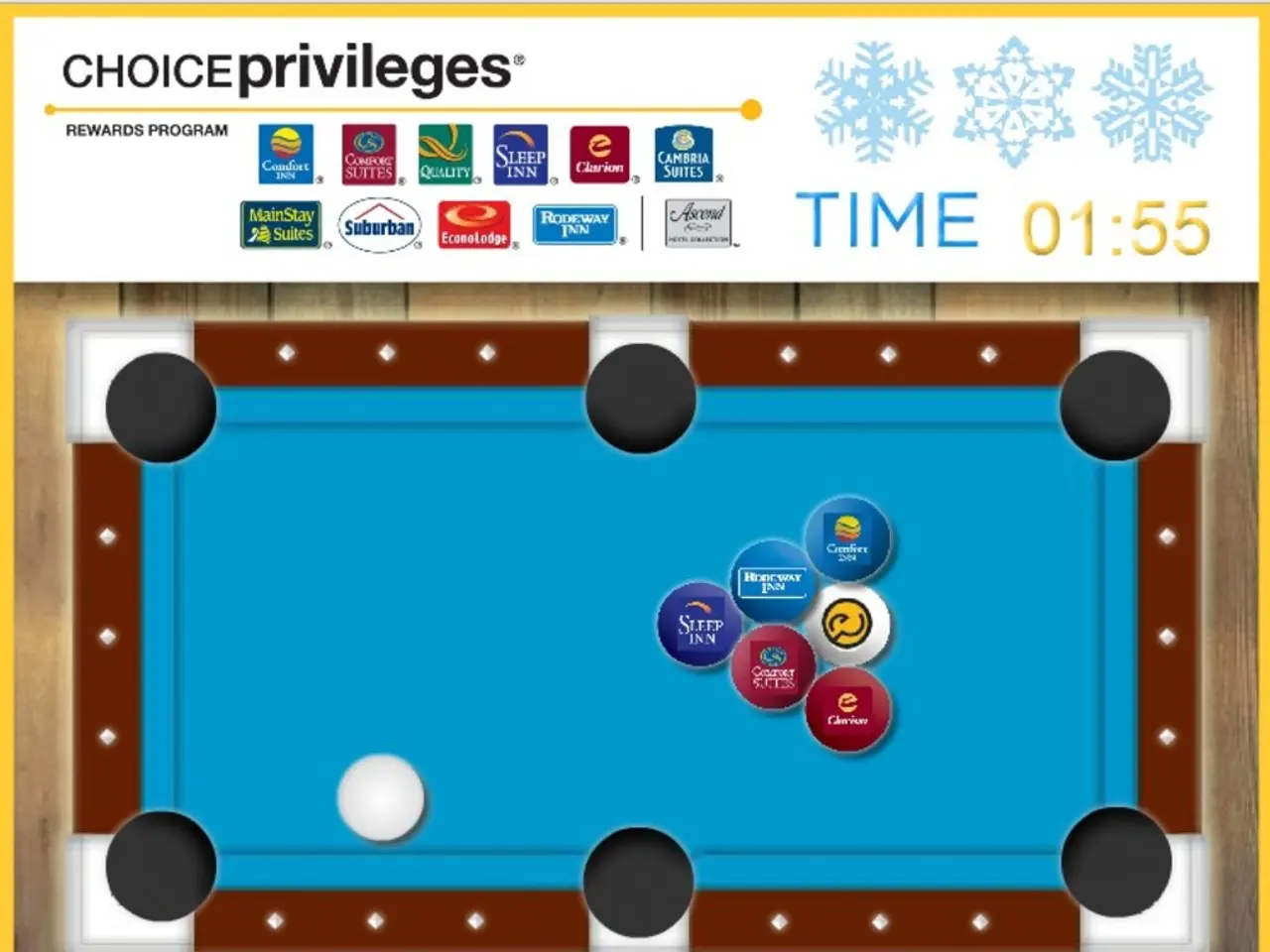Investors acting with heightened aggression, fueled by performance-enhancing substances
Robus Capital, a prominent player in the distressed investing sector, is gearing up for its third fund, aiming to raise an estimated 200 million euros. The fundraising target has seen some variation, with reports suggesting a goal of 300 million euros as well.
Robus Capital is known for its assertive approach, having taken control of companies in the past. Yet, when it comes to corporate restructurings, the firm focuses on smaller, more "relationship-driven" cases.
The Phenomenon of Creditor-on-Creditor Violence
In the world of corporate restructurings, a growing concern is the practice known as "creditor-on-creditor violence" (or "lender-on-lender violence"). This phenomenon, while still relatively uncommon, involves one creditor group securing advantages at the expense of others within the same capital structure.
This aggressive behaviour often disrupts the principle of equal treatment among creditors and can lead to increased uncertainty, legal risk, and delayed restructuring processes. In extreme cases, it can even involve one group of creditors intentionally undermining another's position.
Legal Pushback and Market Reactions
Recent legal developments have shown a growing intolerance for such aggressive creditor-favouring actions. A significant example is the 2025 Fifth Circuit ruling in the Serta Simmons bankruptcy case in the U.S. This ruling invalidated indemnity protections for uptier participants in selective uptier exchanges, reinforcing the importance of equal treatment and pro rata rights among creditors.
In response to this trend, some debt investors are opting for structured purchase deals with defined downside and shared upside to manage risk, rather than engaging in aggressive creditor-on-creditor battles. This shift reflects a market preference for cooperation and mutual gain over zero-sum conflict.
Robus Capital's Approach to Creditor-on-Creditor Violence
Mark Hoffmann, a key figure at Robus Capital, has described the practice of creditor-on-creditor violence as "distressed on steroids" on the private markets podcast "Beyond Billions." He emphasizes that distressed investing is not one-size-fits-all, and Robus Capital seeks to maintain a cooperative approach in its restructurings.
The current state of creditor-on-creditor violence in the German-speaking market and broader Europe is under increased scrutiny and legal constraint. Although there is no detailed German-specific case law or restructuring guidance, the trend towards greater judicial enforcement of equitable treatment and possibly stronger regulatory or industry guidelines to mitigate violent creditor disputes is evident.
In the German-speaking market and Europe, the combination of legal culture and market practices appears to moderate the intensity of such conflicts. However, ongoing vigilance and adaptation are needed as distressed situations continue to arise.
Robus Capital's Track Record
Over the years, Robus Capital has played a significant role in over 50 restructurings. Since its founding in 2011, the firm has financed over 250 companies, demonstrating its commitment to navigating complex distressed situations with a focus on cooperation and equal treatment.
In conclusion, while creditor-on-creditor violence remains a critical and evolving issue in restructurings, the trend is toward greater judicial enforcement of equitable treatment and possibly stronger regulatory or industry guidelines to mitigate violent creditor disputes. In the German-speaking market and Europe, the combination of legal culture and market practices appears to moderate the intensity of such conflicts, but ongoing vigilance and adaptation are needed as distressed situations continue to arise.
[1] Houlihan Lokey, "Creditor-on-Creditor Violence: A Growing Concern in Europe," July 2025. [2] The Wall Street Journal, "The Rising Tide of Creditor-on-Creditor Violence," October 2025. [3] The Financial Times, "The Evolution of Creditor-on-Creditor Violence in Europe," November 2025. [4] The New York Times, "The Impact of Creditor-on-Creditor Violence on Distressed Investing," December 2025. [5] The Economist, "Avoiding Creditor-on-Creditor Violence in Corporate Restructurings," January 2026.
Robus Capital, despite its assertive approach in taking control of companies, prioritizes relationship-driven restructurings to avoid practices like creditor-on-creditor violence, a growing concern in corporate restructurings that can lead to increased uncertainty, legal risk, and delayed processes. In line with the growing intolerance for such aggressive creditor-favouring actions, Robus Capital, through its focus on cooperation and equal treatment, aims to navigate complex distressed situations and maintain a cooperative approach in its restructurings.




